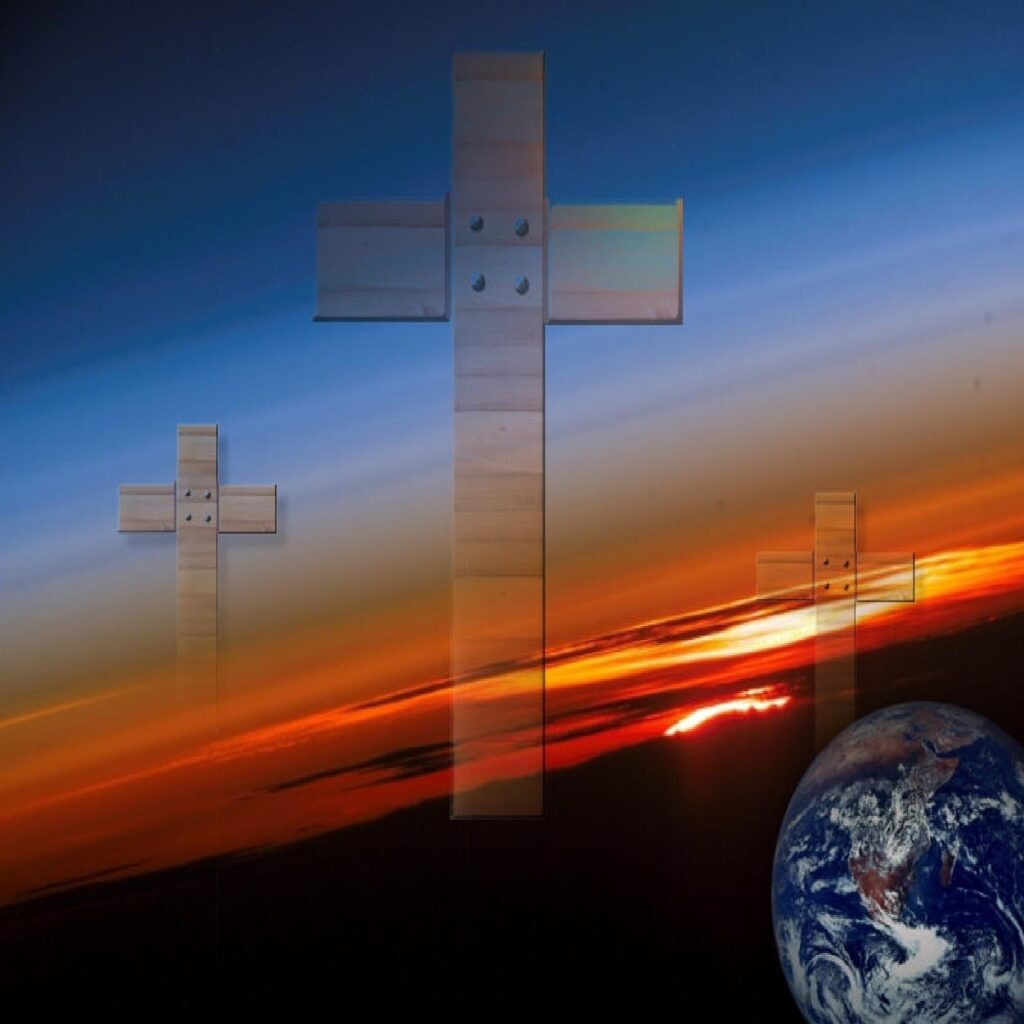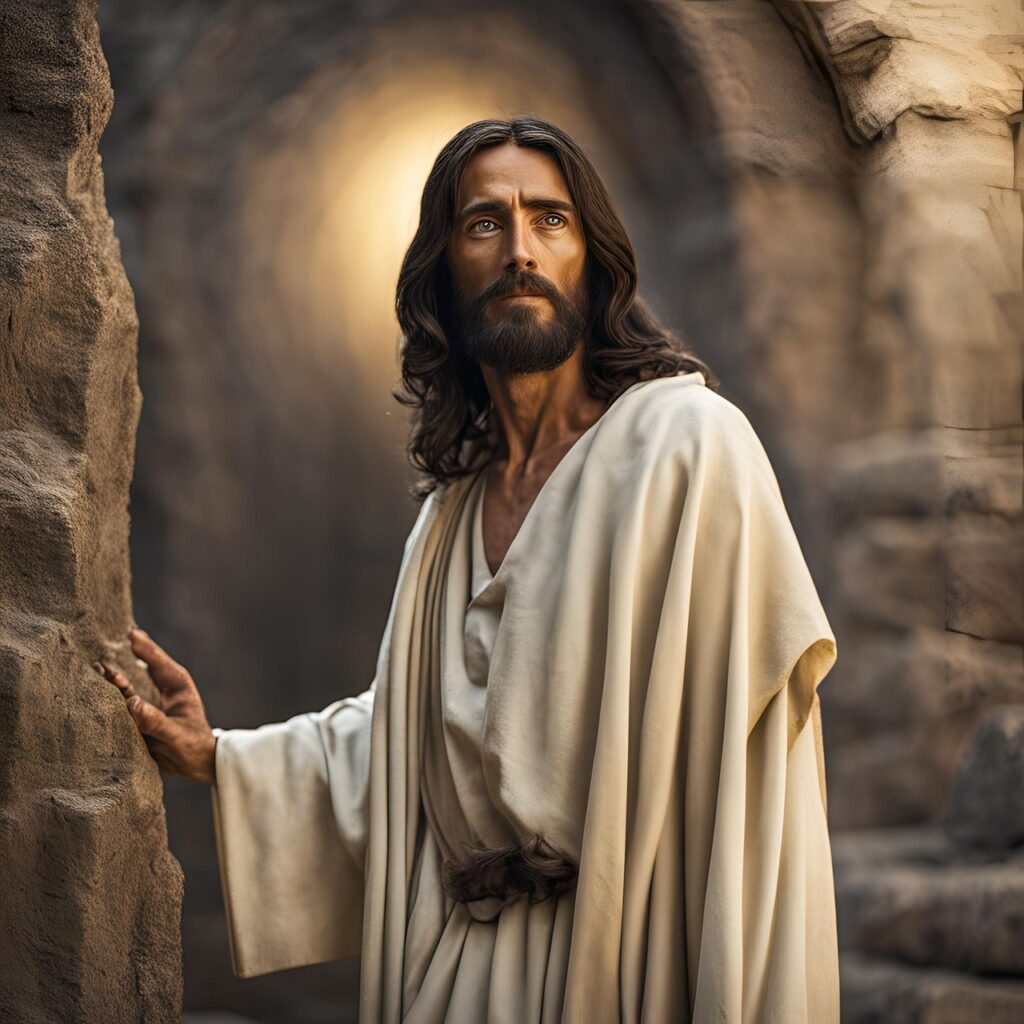Reflection by Bishop Enrique Díaz: The Lord’s mercy is eternal. Alleluia
Reflection by Bishop Enrique Díaz: The Lord's mercy is eternal. Alleluia

Bishop Enrique Díaz Díaz shares with Exaudi readers his reflection on the Gospel of this Sunday, April 27, 2025, entitled: “The Lord’s mercy is eternal. Alleluia.”
***
Acts 5:12-16: “The number of those who believed in the Lord increased”
Psalm 117: “The Lord’s mercy is eternal. Alleluia”
Revelation 1:9-11, 12-13 17-19: “I was dead, but now, behold, I am alive forever”
John 20:19-31: “Eight days later, Jesus appeared to them”
Jesus’ greeting to the disciples is a gift and a command: “Peace be with you.” If anything characterizes our world, it is the loss of peace and harmony. Modern man wanders, burdened with certainties that, far from protecting him, seem to make him increasingly weak and insecure. Doors are closed, questions are evaded, personal details are hidden, and yet, every day we feel more exposed. We lose peace. Jesus’ greeting to his disciples, who also had their doors closed, is: “Peace be with you.” The fear that closed doors and hearts, upon hearing these words, dissipates, and they contemplate the risen Lord. To give them confidence and affirm them in his presence, Jesus presents the marks of pain on his hands and on his side. The marks on Jesus’ cross are signs of his sacrifice, of his death, but they are also signs of his resurrection. He doesn’t speak to his disciples as an angel who has never suffered, nor does he speak to us from an ethereal or angelic world where we could not be afraid. He speaks to us from the pain of our own reality to invite us to have true peace, that which no one can take away from us, that which is inner harmony and which only Jesus can give us. Are words not enough? That’s why he shows the scars. The wounds of the pain suffered are the signs of the one who is now alive, who invites us to overcome fears and anxieties and to rebuild the community. They are the same signs on which we must now rebuild the community: from reality, from the pain of our brothers and sisters, from the scars and shared forgiveness. We cannot be oblivious to suffering, and we cannot despise the pain of those who have suffered it; they must be seen, healed, and shared. Forgiveness and the table must also be shared to make the Resurrection credible.
“He breathed on them and said, ‘Receive the Holy Spirit.’” By breathing and giving them the Spirit, Jesus confers upon the disciples the mission of giving life and bringing his peace. It is the same divine “breath” that at the beginning of history (Gen 2:7) infused animation and life into the man of clay. With that breath, man became a living being; with this breath of the Risen One, the disciple is recreated and receives a new mission. Since the resurrection of Christ, man strives for a new life, a new dignity, a new humanity, free from fear, selfishness, and death. To believe in the resurrection is to commit to a more human, more dignified, and happier life. With his breath, Jesus leaves behind the betrayals and abandonment of his disciples; he makes no reproaches or allusions to them; he simply “renews” them and accepts them. Revenge and resentment are not among the signs of the Risen One. For a world of revenge, retaliation, and settling of scores, Jesus’ proposal is a novelty: the chain of violence can only be overcome with true forgiveness, which renews and recreates. Forgiveness resolves conflicts and inspires hope in both the forgiver and the forgiven. But we must abandon ourselves to the breath of the Spirit; only by walking in its motion can we maintain balance. We cannot remain static, contemplating the scars, for we fall into the abyss of doubt, despair, and resentment. Only peace and forgiveness will give us the true human and divine dimension of the person.
Thomas, by being absent, gives us the opportunity to recognize the difficulties of a faith based only on the words of others. It is true that we can believe in what others say, but it will never be a firm faith; it requires an encounter with the Risen Lord. Our faith will remain empty and conventional, like a lifeless religious custom, like inertia and external formalism, if it does not experience an encounter with Jesus. Closed doors and defensive attitudes are not the hallmarks of a living faith. Nor are conformism and indifference to the scars of Christ manifested in the suffering of the little ones and the abandoned. The encounter with the Risen Lord transforms people, revives them, fills them with joy and true peace. It frees us from fear and cowardice, opens new horizons, and impels us to proclaim the Good News and seek the transformation of our world. The marks of the nails in the hands and the wound in the side are signs of Jesus’ presence among his people; they are the path of love that Jesus traveled to give life. We need not shrink back, but to touch these wounds of Jesus that awaken our faith. True faith will lead us to follow the same path as Jesus: in the world’s pain lies the Resurrection. The poor and forgotten are signs of life that will make us exclaim: “My Lord and my God!”
What is my faith like? Is it filled with fear and resentment? Do I open myself to the prompting of the Spirit? Does it make me look at the pain of others and transform it into life? Does it compel me to live in community and transform my surroundings into an atmosphere of harmony and reconciliation? What is my encounter with the Risen Christ like?
God of eternal mercy, grant us the grace to have a faith that takes the risk of following Jesus, dead and risen, a faith that is not evasion, but commitment, a faith that grows and is strengthened in community. Amen.
Related

After Eight Days Jesus Arrived: Commentary by Fr. Jorge Miró
Jorge Miró
26 April, 2025
3 min

The Perspectivas del Trabajo Foundation is founded with the aim of promoting virtues for professional development
Exaudi Staff
25 April, 2025
2 min

Reflection by Bishop Enrique Díaz: Alleluia, alleluia
Enrique Díaz
20 April, 2025
5 min

Christ is Risen! Alleluia! Commentary by Fr. Jorge Miró
Jorge Miró
20 April, 2025
3 min
 (EN)
(EN)
 (ES)
(ES)
 (IT)
(IT)

